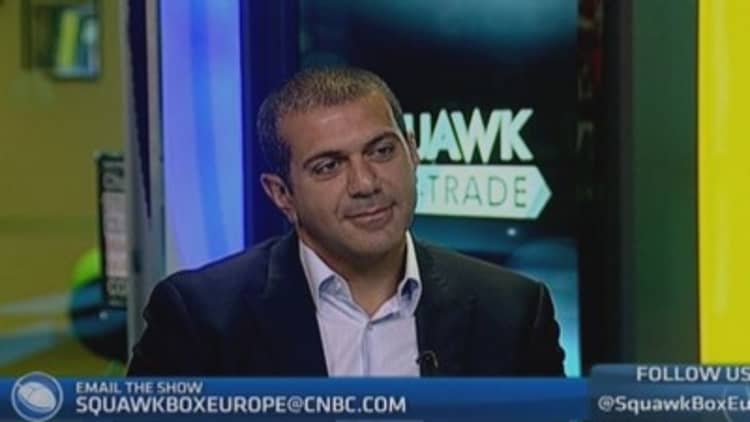Prices escalating out of the reach of all but the most wealthy. International investors and second home owners fuelling the fire. Policymakers urged to take action to prevent an unsustainable bubble.
The London property market, right now, has plenty in common with Hong Kong at the height of its property market boom.
The possible expansion of another London property market bubble has not escaped the Bank of England or the Treasury, and they are already considering measures to limit mortgage lending. Some measures, such as limiting the amount homebuyers can borrow as a percentage of the value of the property (known as the LTV ratio), have already been tried in Hong Kong.
Mark Carney, governor of the Bank of England, has called the housing market "the greatest risk to the domestic economy" – and said "graduated and proportionate actions to mitigate the potential vulnerabilities" from this market are top of the agenda.
He may have to follow the example of the Hong Kong Monetary Authority, the former territory's market regulator. In 2009, with property prices rocketing up 28.5 percent over the year, fuelled by low interest rates and mainland Chinese buyers, it introduced a cap on the maximum borrowed to HK$12 million ($1.5 million) , and the LTV ratio for properties was limited to 70 percent.
Read MoreCapitalgains: London's house price dilemma
A cap on debt servicing at 50 percent of net income followed in 2010. And the government doubled the maximum stamp duty on HK$2 million-plus properties to 8.5 percent in 2013.
The measures did not succeed initially in curbing house prices, but did cool the volume of sales. However, by 2012-13, house price rises had fallen to more manageable levels, with rises of just 2.8 percent last year.
"The suite of macro –prudential interventions were successful in cooling the market, derisked the banking system and in turn was rewarded by the market after initial dips," according to Chirantan Barua, senior analyst at Bernstein Research.
Back in the U.K….

Of course, back in the U.K., one method open to Carney would be to raise interest rates from their current historic low of 0.5 percent. However, he seems concerned about the potential effects on the broader economy of hitting U.K. consumers' spending powers.
One key difference between Hong Kong and the U.K. is the rise in the volume of mortgages – in Hong Kong, mortgage approvals had been rising by 15 percent when the regulator stepped in, whereas in the U.K. at the moment they are closer to 1 percent.
"The UK hasn't had a mortgage problem in the past 20 years through house price cycles. So we believe that the endeavor of the BoE will be to enforce lending discipline on asset and income parameters with some level of capital penalty thrown in to create buffers for a rainy day," Barua argued.
London's property market has a lot in common with Hong Kong, and Singapore, another property market which experienced alarming growth rates in recent years, as both city states have extremely limited potential for further development.
Read MoreLondon luxury housing market'cooling', estate agents warn
However, Carney has to think on a grander scale than just a city.
"The problem for the U.K. is that, if you try and create policies that affect London, it's difficult to not affect the rest of the U.K.," Liam Bailey, head of residential research at Knight Frank, told CNBC.
And the success of Hong Kong's efforts have yet to be proven. The stock of new houses in worryingly low -- in 2013, just 8,500 new home sales were made, the lowest levels since records started in 1996. There are worries that, as transaction volumes pick up, prices will start falling – and analysts at Barclays have predicted a whopping 30 percent fall in prices by 2016.
Follow us on Twitter: @CNBCWorld


